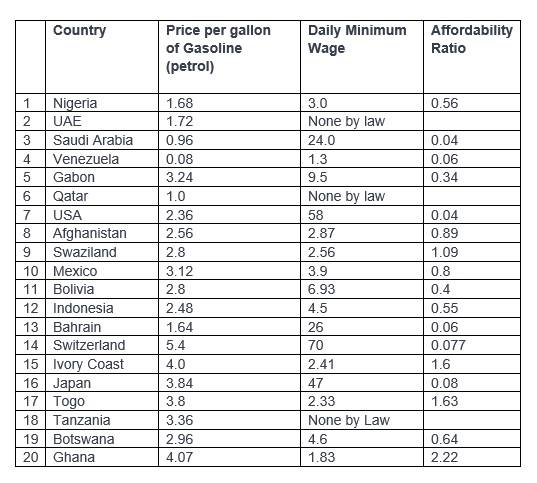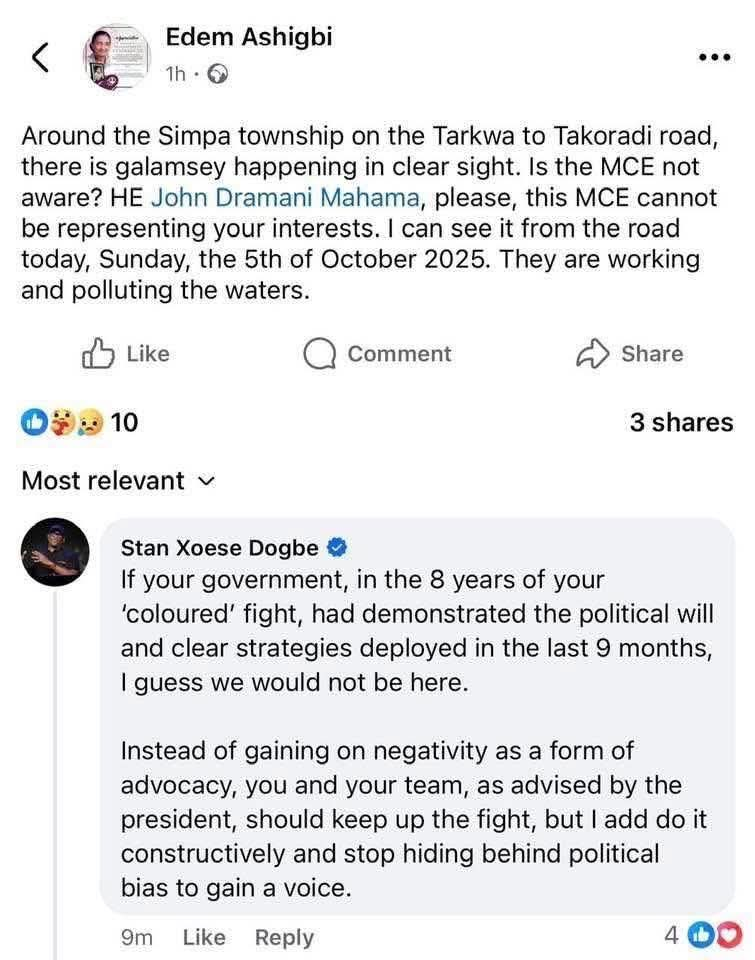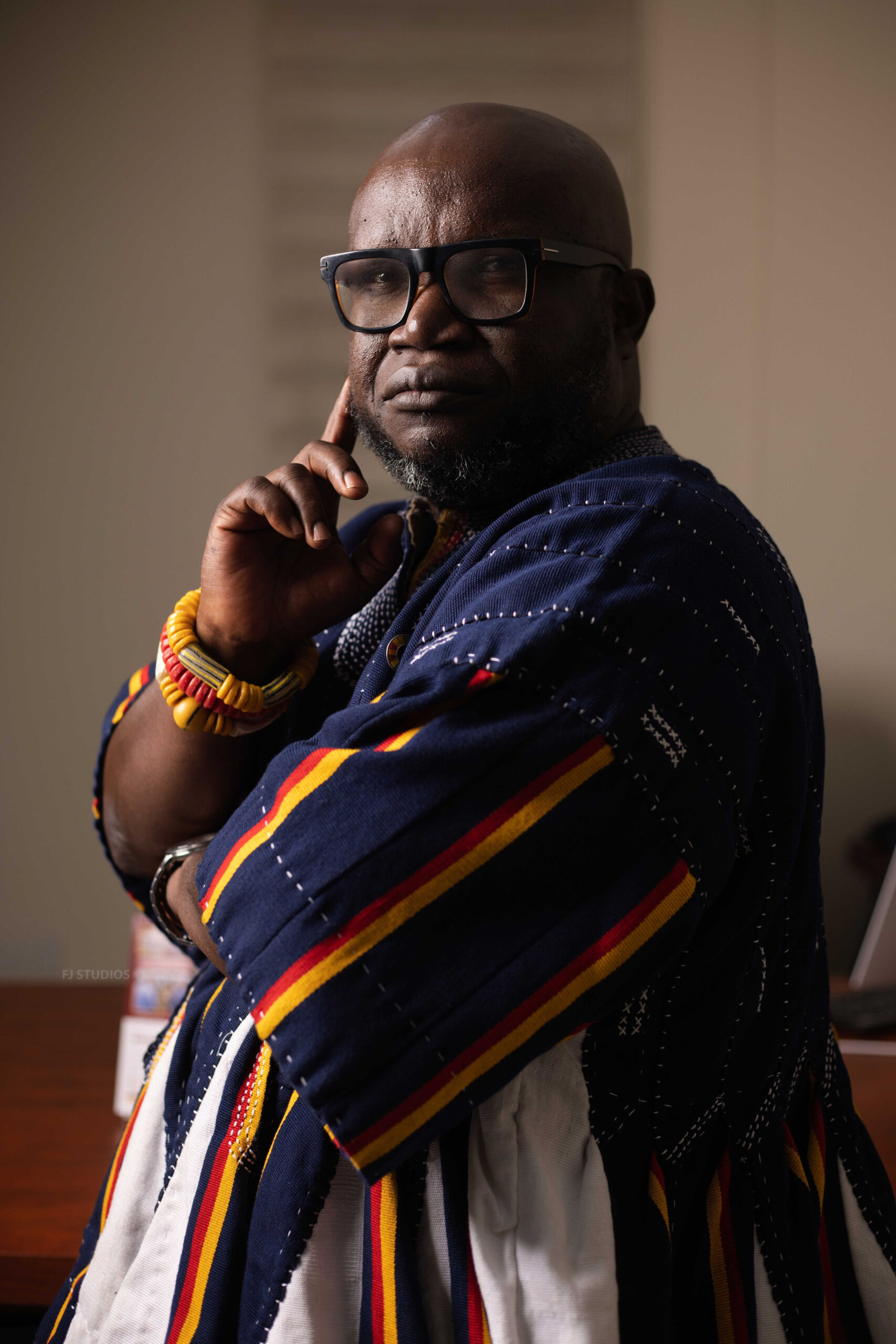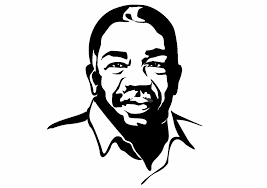Impact of Fuel Price on the Citizenry a cross country Analysis-Bright Simons
A rudimentary model was built to analyse the impact of fuel price hikes on the most vulnerable members of society in 20 countries exhibiting a broad range of state characteristics, from fragile through to advanced.
Ghana was revealed by data parsing as the country showing the least ‘fuel price vulnerability’ – resilience in the sample of states analyzed.
For example, the capacity of poor people in Ghana to respond to fuel price increases is likely to be almost three times worse than the Poor in Botswana.
50% less than the poor in Togo;
20 times worse than the poor in Japan;
40% less than the poor in Cote D’Ivoire;
Nearly 3 times worse than the poor in Mexico;
And about 2.5 times worse than the poor in Afghanistan.
The core of said rudimentary model is provided in the image below. All monetary units are expressed in USD.
Extensive refinement of the model is very possible, and highly welcome. A measure of vulnerability beyond minimum wage is required, as also are PPP adjusters to better approximate household expense dynamics in response to fuel price shifts. But as a crude (no pun intended) first attempt, it hints at an interesting, more empirical, methodology for grounding demands for ‘affordable fuel pricing’ in our pseudo-deregulated market.
This post has already been read 1031 times!








Post Comment